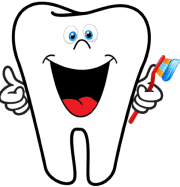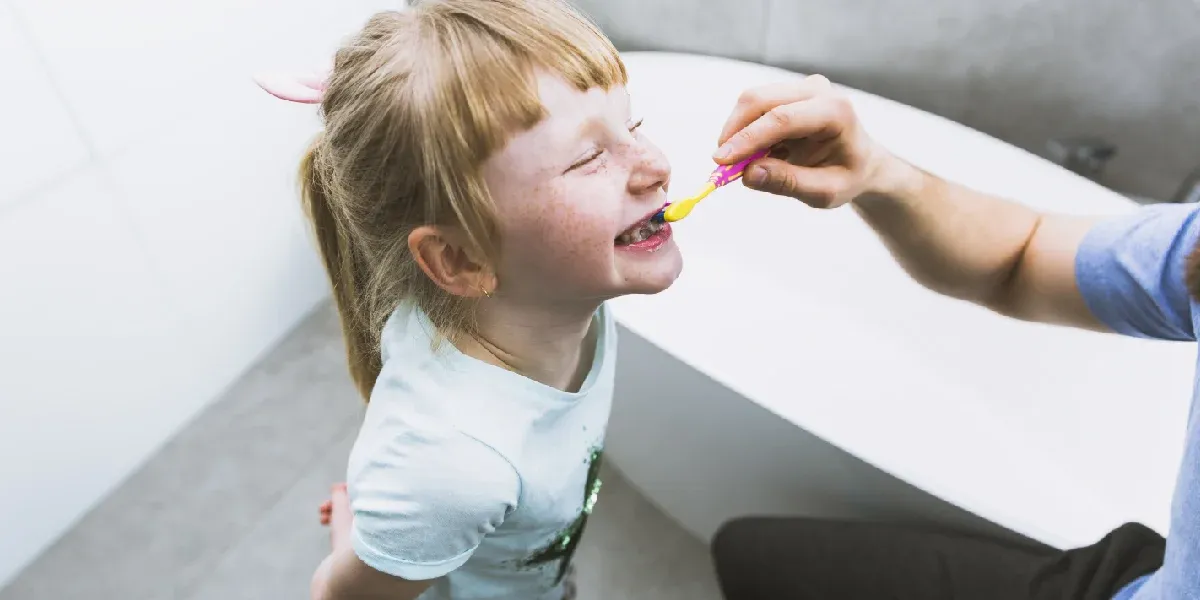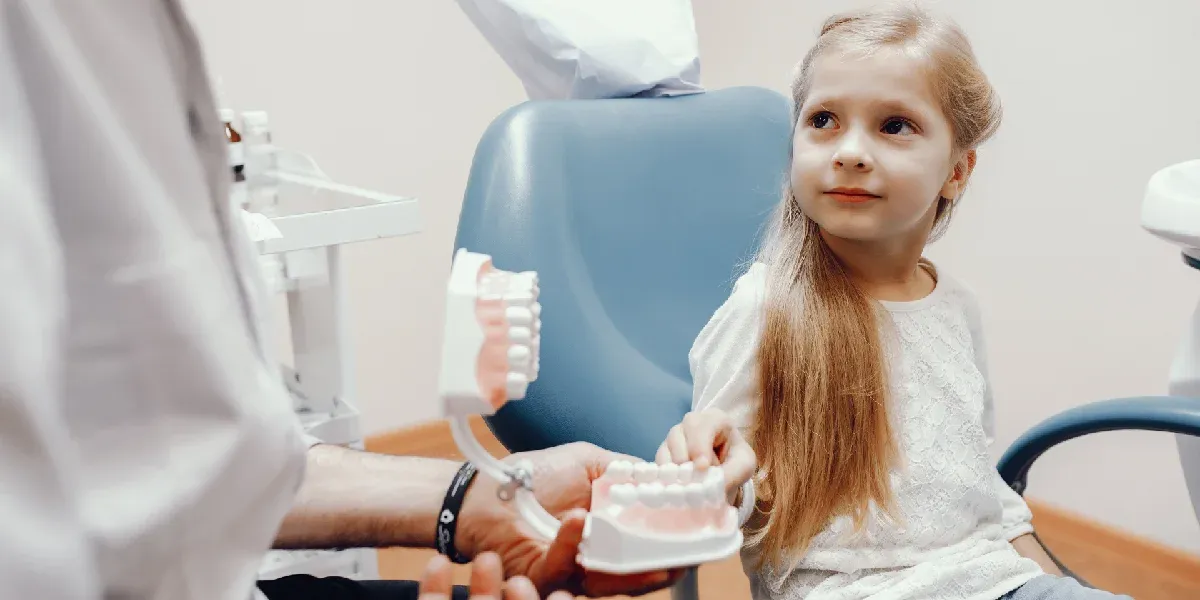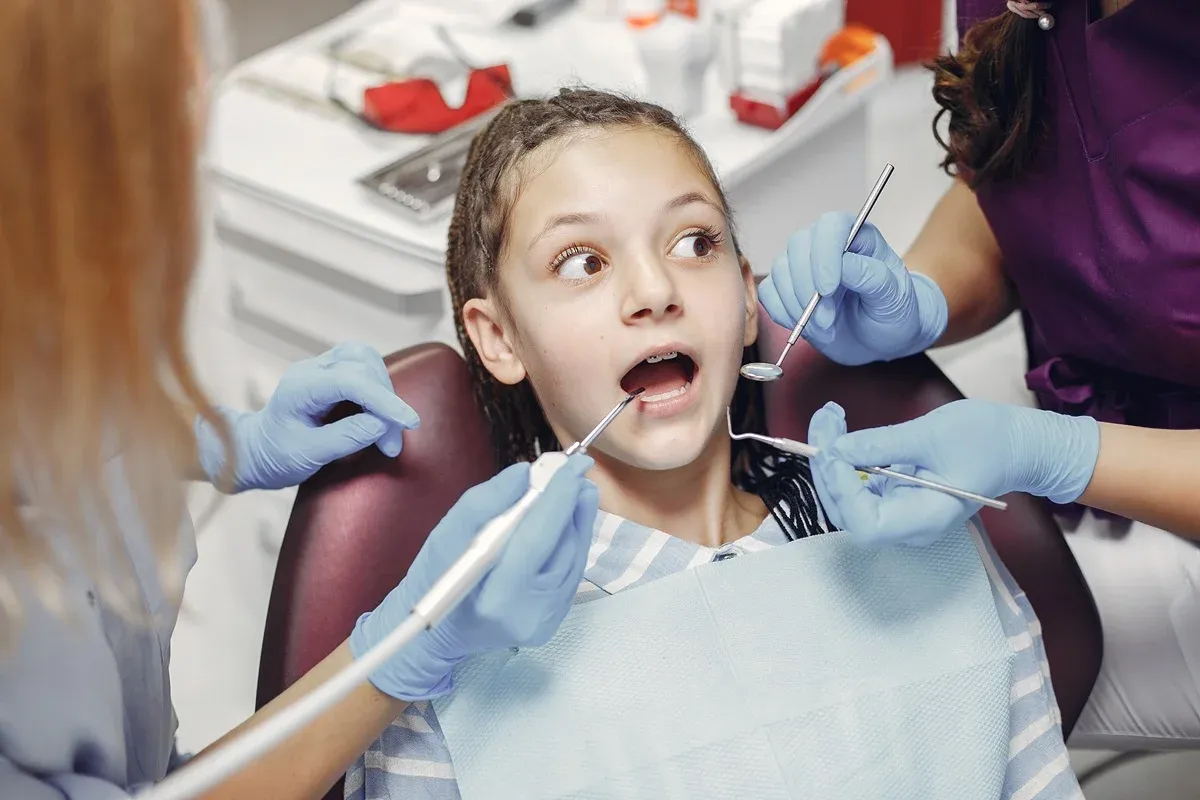
The Link Between Kids' Oral Hygiene and Orthodontic Problems: Risks and Complications
As parents, we want our children to grow up with healthy, confident smiles. But did you know that the foundation for a lifetime of good dental health starts much earlier than you might think? The habits kids develop in their early years, especially around oral hygiene, play a critical role in preventing future dental issues—particularly when it comes to orthodontic problems.
Poor oral hygiene doesn't just lead to cavities and gum disease; it can also cause significant issues with the alignment and development of your child's teeth and jaw. In this blog, we'll explore the important link between kids' oral hygiene and orthodontic problems, the risks of neglecting dental care, and how to ensure your child's smile stays healthy and well-aligned.
The Importance of Good Oral Hygiene in Childhood
Developing healthy oral hygiene habits early in life ensures your child's overall dental health. Regular brushing, flossing, and dental checkups do more than just prevent cavities—they set the stage for proper tooth development and alignment. Children's teeth, both baby and adult, must be well-cared for to ensure they grow properly and avoid complications.
Teaching kids the importance of brushing twice a day and flossing regularly helps keep their teeth clean and prevents the buildup of plaque and tartar, which can lead to more serious issues like gum disease.
You play a critical role in helping your child establish these healthy habits. Simple techniques like turning brushing into a fun routine with music or rewards can ensure kids maintain good oral hygiene.
How Poor Oral Hygiene Leads to Orthodontic Problems
When we think about poor oral hygiene, the first things that come to mind are cavities and tooth decay. But there's a less obvious consequence that can be even harder to fix—orthodontic problems. Failing to keep kids' teeth clean can lead to various issues that affect how their teeth grow and align.
- Tooth Decay and Alignment Issue
Cavities aren't just painful; they can also cause teeth to shift. When a tooth becomes severely decayed or falls out early due to poor care, the surrounding teeth may move into the gap, leading to crooked teeth or overcrowding. This shifting can disrupt the alignment of both baby teeth and adult teeth, making it more likely that your child will need braces or other orthodontic treatment later.
- Gum Health and Tooth Support
Even in children, gum disease is more common than many people realize. Poor brushing and flossing can cause inflammation of the gums (gingivitis), which weakens the structures that support the teeth. Without healthy gums, teeth may shift out of place, leading to bite issues like overbite or underbite.
- The Role of Baby Teeth
It's easy to think that baby teeth aren't as important since they eventually fall out, but they are crucial in guiding adult teeth into the correct position. If baby teeth are lost too early because of decay or gum problems, it can throw off the alignment of permanent teeth, making orthodontic intervention more likely.
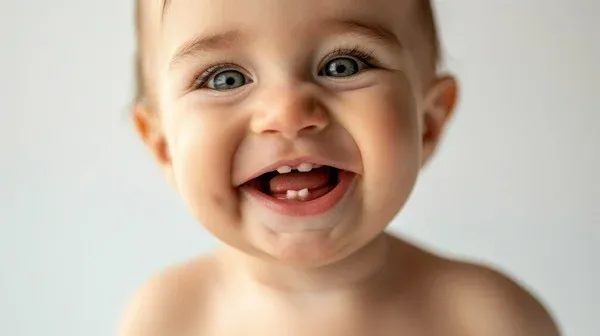
Common Orthodontic Problems Stemming from Poor Oral Hygiene
When oral hygiene is neglected, the risk of developing orthodontic problems increases significantly. These issues can be more than just cosmetic—they can affect how a child speaks, eats, and even their confidence. Let's take a closer look at some of the most common orthodontic problems that can arise from poor oral care:
- Overcrowding
When baby teeth fall out prematurely due to decay, it can leave too much room in the mouth. As the remaining teeth shift to fill those gaps, it can cause overcrowding. Overcrowded teeth are often crooked and can overlap, making them harder to clean, which increases the risk of further decay and gum issues.
- Malocclusion (Bad Bite)
Malocclusion is a fancy term for a bad bite, including overbite, underbite, or crossbite. Poor oral hygiene can cause tooth loss or gum disease, disrupting teeth alignment and the bite. When teeth are misaligned, the top and bottom jaws don't meet properly, leading to potential speech issues, difficulty chewing, and a higher likelihood of wear and tear on certain teeth.
Long-Term Complications of Untreated Orthodontic Issues
Orthodontic problems that develop from poor oral hygiene don't just go away on their own. If left untreated, these issues can lead to long-term complications that affect more than just your child's smile. Here are some of the most common consequences:
- Speech Problems
When teeth are misaligned, it can cause issues with how kids pronounce certain sounds or words. Crooked teeth or a bad bite can affect the placement of the tongue when speaking, leading to speech difficulties such as lisps. These problems might persist into adulthood if not corrected early, making orthodontic treatment necessary for proper speech development.
- Eating Difficulties
Misaligned teeth can make it harder for children to chew their food correctly. When certain teeth don't meet as they should, it can lead to uneven chewing, which not only makes eating uncomfortable but can also lead to digestion problems. Over time, this can create unhealthy eating habits or cause kids to avoid certain foods altogether.
- Tooth Wear and Damage
Teeth that don't align correctly tend to wear down unevenly. This can lead to tooth damage over time, including chipped or cracked teeth. In some cases, misalignment can also cause excessive pressure on specific teeth, which might result in pain or increased sensitivity.
- Self-Esteem and Social Impact
We can't overlook the emotional aspect of orthodontic problems. Kids with noticeably crooked teeth or bite issues may feel self-conscious about their smiles. This can affect their confidence in social situations, school, and even personal relationships. Early intervention to correct orthodontic problems can boost a child's self-esteem and help them feel more confident in their appearance.
When to Seek Orthodontic Treatment
While good oral hygiene can prevent many issues, some kids need orthodontic care to ensure their teeth grow properly. Knowing when to seek treatment is crucial for catching problems early and making the process smoother.
- Signs to Watch For
If your child has difficulty chewing, is breathing through their mouth, or has visibly crooked or crowded teeth, these could be early signs of orthodontic problems. Other warning signs include thumb-sucking after age 5, teeth grinding, or frequent cheek biting. These issues may signal the need for orthodontic treatment.
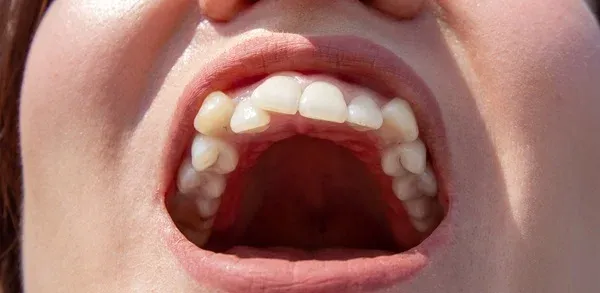
- The Benefits of Early Intervention
Catching orthodontic problems early can make treatment more accessible and more effective. Early interventions, such as spacers or partial braces, can help guide teeth into the correct position and prevent more severe issues later. The earlier an orthodontic problem is addressed, the better the chance for a successful outcome with less invasive treatments.
- Consulting with Specialists
Your pediatric dentist will be the first to notice any potential orthodontic issues, but they may recommend that you consult an orthodontist for a more in-depth evaluation. Orthodontists specialize in diagnosing and treating misaligned teeth and jaws, and they can recommend the best treatment plan to ensure your child's teeth develop correctly.
Conclusion
A child's oral hygiene plays a crucial role in their overall dental health, including their teeth and jaw development. By prioritizing good hygiene habits and seeking early orthodontic care when needed, you can prevent many common issues and help your child maintain a healthy, confident smile.
Regular checkups, proper brushing, and timely interventions are key to avoiding orthodontic problems and ensuring your child's teeth develop correctly.
If you have concerns about your child's oral health or orthodontic needs, don't hesitate to consult with a pediatric dentist or orthodontist. Early intervention and prevention are always the best course for long-term dental health.
Contact your kids' dentist in Stockton, Dr. Sajjad Rizvi, D.D.S. at Happy Kids Dental, to know more about the link between Kids' Oral Hygiene and Orthodontic Problems: risks and complications.
Resource:
The Ultimate Guide to Pediatric Dentistry: Building a Strong Foundation for Your Child’s Oral Health
*This media/content or any other on this website does not prescribe, recommend, or prevent any treatment or procedure. Therefore, we highly recommend that you get the advice of a qualified dentist or other medical practitioners regarding your specific dental condition*
Subscribe To Our Newsletter
Get Updates And Learn From The Best
